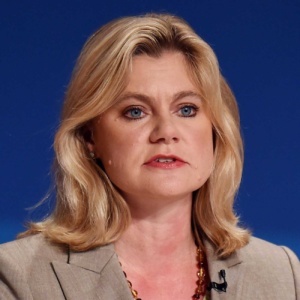
The government of the day is not reviewing any move to shift its stand on teachers’ salaries. According to sources from SKY, teachers’ pay will remain capped at 1% overall, and it has been announced, as the Government sticks to the public sector pay cap.
The Government has accepted the recommendation of the School Teachers’ Review Body (STRB), which said there should be a 1% increase across all pay ranges.
Those on the minimum and maximum of the main pay scale – typically teachers in the first few years of their career – will get an increase of up to 2%.
Teachers’ pay has been frozen since 2010, and this latest announcement means another real-term pay cut for more than half a million in England and Wales.
Prime Minister Theresa May and Chancellor Philip Hammond have come under pressure to lift the cap, including from a number of Cabinet ministers, in the wake of the General Election.
Labour has pledged to scrap the measure.
The decision is likely to be viewed as an indication the Government intends to stick to its plans to keep a firm hold on the public purse strings despite pressure to change course.
Education Secretary Justine Greening said the recommendations, which are due to be introduced in September, “are consistent with the Government’s 1% public sector pay policy”.
In a written statement, she said: “Following previous reforms, schools already have significant flexibility, within the pay ranges, to set pay for individual teachers, taking account of performance and retention.”
A Department for Education spokeswoman said: “We recognise and value the hard work of teachers which is why we have accepted the pay deal proposed by the independent STRB, in line with the 1% public sector pay policy.
“This will ensure we continue to strike the balance between being fair to public sector workers and fair to taxpayers.”
Russell Hobby, general secretary of the National Association of Head Teachers (NAHT), said: “For many teachers, this marks the seventh successive real-terms cut in their pay.
“We will not be able to attract the best and brightest to teaching if we constantly cut their pay.”
Meanwhile, NUT executive member Jerry Glazier told Sky News that the 1% pay rise represented “a disappointing situation for the teaching profession and a missed opportunity for the Government.”
He said: “They had a real opportunity to do something constructive about teachers’ pay and in doing so address the recruitment and pension crisis which the profession is having in parts of the country.”
The STRB is one of a number of independent bodies that puts forward recommendations on wage increases, which are then either accepted or rejected by Government departments.
These recommendations have been affected by a Government cap on public sector pay.
After the 2010 election, there was a two-year pay freeze, with school staff getting no increase in their pay in 2011 and 2012. Since then there has been a cap of 1%.
The National Union of Teachers says wage increases have fallen behind RPI inflation by 13% between 2010 and 2016.
Kindly follow us on twitter:@AfricanVoice2










